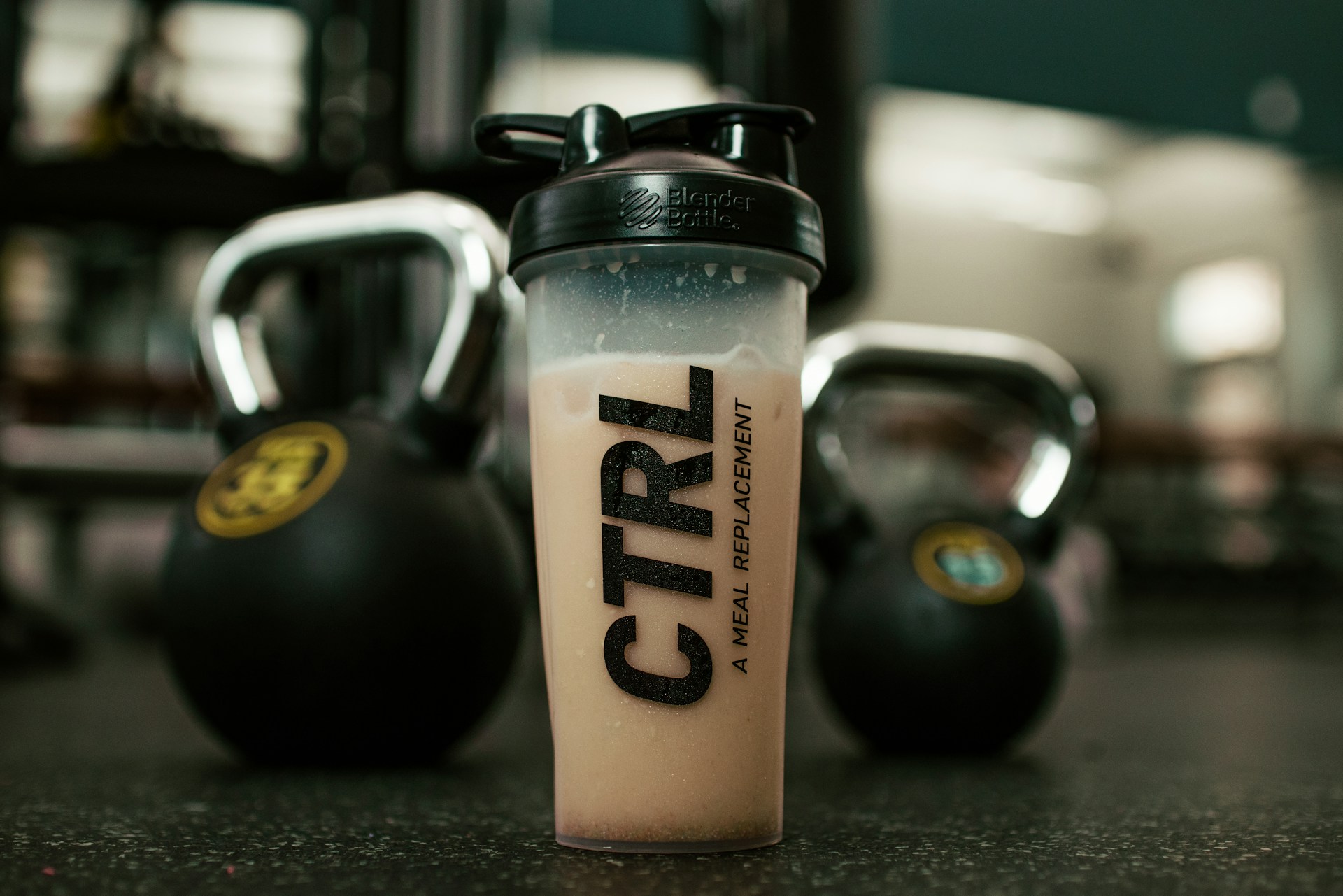Protein Essentials: Fueling Your Body for Health and Fitness

Photo by CTRL – A Meal Replacement on Unsplash
Table of Contents
Introduction:
Protein plays a crucial role in our diet and overall health. It is essential for proper body function, from tissue building to enzyme and hormone production, as well as supporting regeneration processes. Introducing an adequate amount of protein into our daily diet can bring numerous benefits, especially for those leading an active lifestyle. In this article, we will take a closer look at the role of protein in the diet, its sources, and methods of balancing meals to ensure optimal consumption.
1. What is protein and how does it affect our diet:
Protein is one of the three macronutrients, alongside carbohydrates and fats. It consists of amino acids, which are the basic “building blocks” for tissues and perform various functions in the body. Protein affects our diet by providing essential amino acids that the body uses for tissue building and repair, hormone and enzyme production, and immune system support.

Photo by Denis Tuksar on Unsplash
2. How much protein to eat depending on lifestyle:
The protein requirement can vary depending on lifestyle, physical activity, age, gender, and health status. For example, individuals leading an active lifestyle, engaging in strength training, or intensely involved in sports may require a higher amount of protein compared to those leading a more sedentary lifestyle. Recommended daily protein intake typically ranges from 0.8 to 2.2 grams per kilogram of body weight, depending on individual needs and goals.
3. Sources of protein:
Protein can be found in a variety of sources, both animal and plant-based. Meat, fish, eggs, dairy, and soy products are rich sources of animal protein, while plant-based sources include legumes, nuts, seeds, and grains. You can also get protein by drinking protein shakes. It is important to ensure diversity in the consumed foods to provide a full range of essential amino acids.
Here are a few examples of meals that provide rich sources of protein:
1. Veggie and Spinach Omelet
2. Grilled Chicken and Avocado Salad
3. Whole Wheat Pasta with Basil Pesto and Walnuts
4. Chickpea, Feta, and Spinach Salad
5. Tofu Stir-Fry with Vegetables and Brown Rice

Photo by Lily Banse on Unsplash
4. How to balance meals with protein:
To balance meals with protein, it is beneficial to incorporate a variety of protein sources into daily diet. Including protein in every meal can help maintain satiety and ensure an adequate intake of this nutrient. It is also important to monitor the amount of protein consumed in the context of the overall diet to avoid overconsumption or deficiencies.
Additionally, it’s important to monitor the proportion of protein in relation to other nutrients in meals. It’s worth maintaining a balanced diet in which protein constitutes a portion but not the dominant proportion of calories. This allows for maintaining the appropriate balance between protein, carbohydrates, and fats, contributing to overall well-being and health.
5. Muscle mass and protein:
Protein plays a crucial role in the process of building and regenerating muscles. For individuals actively seeking to increase muscle mass, adequate protein intake is essential. Consuming the right amount of protein in conjunction with regular strength training can support muscle growth and accelerate recovery after physical exertion.
During active physical training, especially strength training, it is recommended to increase protein intake to support the process of muscle building and regeneration. Taking in about 1.6 to 2.2 grams of protein per kilogram of body weight per day may be beneficial for people who are actively developing their muscle mass. Providing the right amount of protein combined with intense strength training helps meet the body’s need for amino acids needed to build and repair muscle tissue, thus accelerating the process of muscle mass growth and regeneration after physical exercise.

Photo by Anastase Maragos on Unsplash
Conclusion:
Protein is a key component of our diet, necessary for maintaining health and proper body function. Incorporating diverse protein sources into daily meals and monitoring intake according to individual needs can bring numerous health benefits, especially for those leading an active lifestyle and aiming to develop muscle mass. Therefore, it is important to ensure that protein is an integral part of our meals, supporting our health and fitness goals.
other post:

